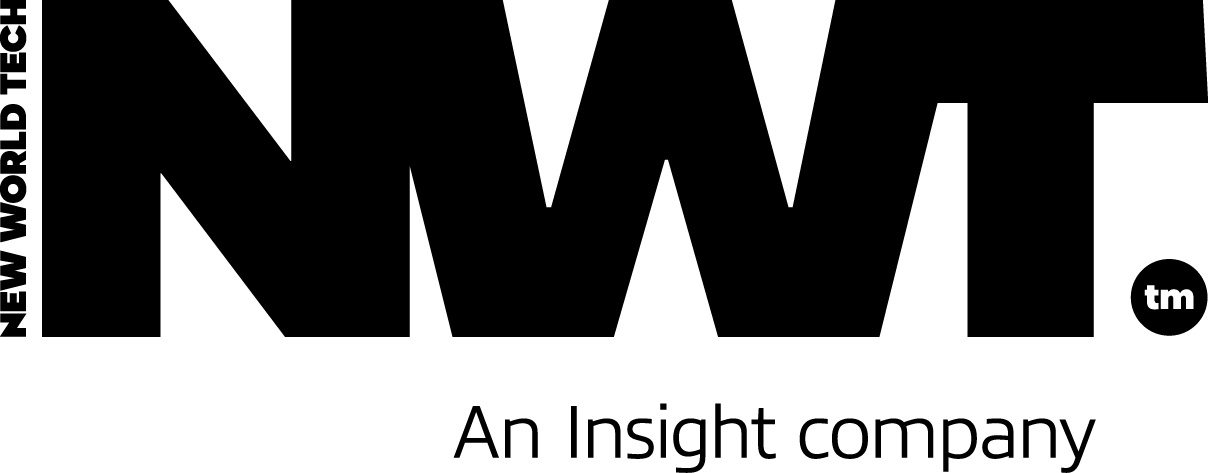Project management techniques that drive results

Any project’s success depends on efficient project management techniques. While a badly managed project may result in delays, budget overruns, and even failure, a well-managed project has the potential to produce excellent outcomes.
NWT has been working on some of the largest and successful projects in the tech sector in recent years. In recent years we have developed new world techniques that really make projects work. Project managers must use a variety of project management techniques in order to get the required results.
In this blog we’ll go through some of the most simple, yet effective project management strategies that all project teams should utilise in the new era of tech development and implementation.
Planning
The cornerstone of effective project management techniques is planning. It entails developing a thorough plan that specifies the project’s objectives, goals, scope, budget, and resources. Collaboration with stakeholders is necessary for effective planning in order to meet everyone’s expectations. Project managers can make educated judgements and keep a project on track when it is properly planned and has a clear direction.
Scheduling
Another essential project management techniques that produce outcomes is scheduling. It entails developing a project schedule that lists the duties, benchmarks, and due dates. The project schedule assists project managers in successfully managing their time, allowing them to spot possible delays and address them before they have an influence on the project’s completion.
Management of Risk
The process of locating, evaluating, and minimising possible risks that might affect the project’s outcome is known as risk management. Project managers may foresee possible issues and take preventative measures to lessen their effects with the aid of effective risk management. It entails drafting a risk management strategy that lists possible risks, estimates how likely they are to occur, what kind of impact they will have, and what mitigation steps will be done to handle them.
Communication
Project managers must see communication as a key component of project management techniques in order to keep stakeholders informed of the project’s status. By ensuring that stakeholders are informed of the project’s objectives, schedules, and goals, effective communication helps to eliminate misunderstandings and misinterpretations. Additionally, it enables project managers to see issues as they develop and act quickly to address them, keeping the project on track.
Budget Control
The practice of controlling the project budget and making sure that it is distributed and used effectively is known as budget management. Making a thorough budget plan outlining the project’s expenditures and ensuring that it stays under budget are essential components of effective budget management. Additionally, it entails keeping track of the project’s spending, spotting any cost overruns, and taking remedial measures to keep the project financially sustainable.
Team Leadership
Every project needs effective team management to be successful. It entails assembling a solid team that cooperates to carry out the project’s objectives. Roles and duties must be clearly defined, expectations must be set out, feedback must be given, and team members’ accomplishments must be recognised. It also entails giving the group the tools and encouragement they require to succeed.
Quality Control
One of the key project management techniques is the process of ensuring that the project’s deliverables meet the requisite quality standards is referred to as quality management. Effective quality management involves establishing the project’s quality requirements and ensuring that they are met.
Additionally, it requires monitoring the project’s progress and taking the right action if the quality standards are not being met. Through efficient quality management, ensuring that the project’s results meet stakeholders’ expectations.
Change Administration
The practice of controlling changes to a project’s scope, schedule, or budget is known as change management. Making a change management strategy that details the procedure for seeking and approving changes is necessary for effective change management.
It also entails evaluating the effects of the suggested adjustments and figuring out whether they are doable. Smooth change implementation and minimal influence on the project’s success are ensured by effective change management.
Why NWT?
At NWT we are fortunate to have some of the best Progamme and project managers in industry enabling us to concentrate on resolving your current business issue. We are aware of the special complexity involved in planning and executing large-scale programmes and projects, and we possess the knowledge, skills, and assurance necessary to deal with these issues and manage initiatives which will have the scope and potential to completely revolutionise your business. Discover more about how you can benefit from our project management services by clicking here.
